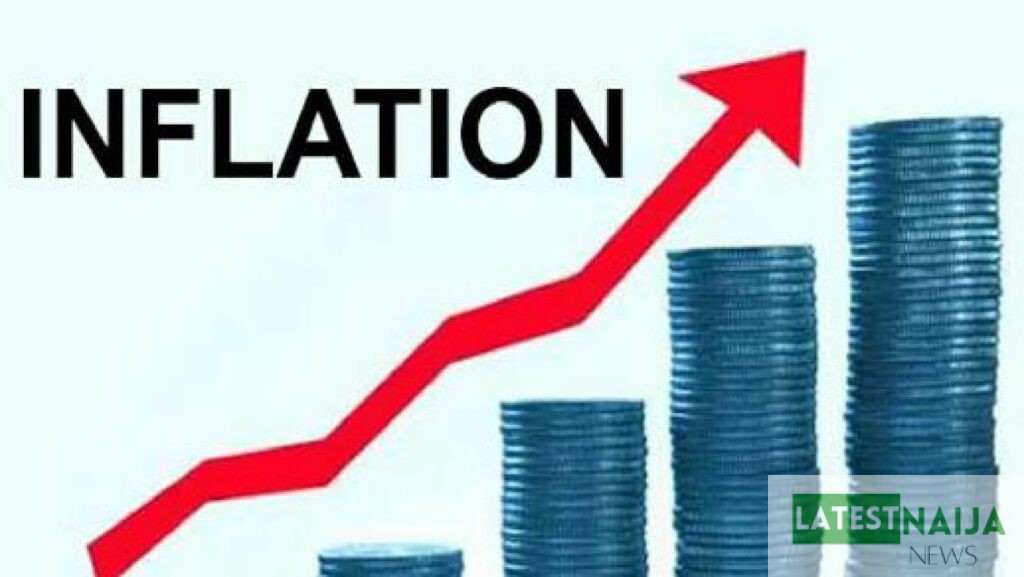Festive Season Demand and Economic Challenges Push Inflation Higher

Nigeria’s inflation rate rose to 34.8% in December 2024, a slight increase from the 34.6% recorded in November. This data comes from the latest Consumer Price Index report released by the National Bureau of Statistics (NBS) on Wednesday.
The rise in inflation was attributed to increased demand for goods and services during the festive season. Compared to December 2023, when inflation stood at 28.92%, the new figure marks a significant year-on-year increase of 5.87 percentage points.
Economic challenges such as currency depreciation, high energy costs, and supply chain disruptions have continued to drive up consumer prices across the country. The NBS highlighted the persistence of these issues, stating, “The headline inflation rate (on a year-on-year basis) increased in December 2024 compared to the same month in the preceding year.”
However, there was a glimmer of relief in food inflation, which dipped slightly to 39.83% in December from 39.93% in November.
CPPE’s Reaction and Recommendations
The Centre for the Promotion of Private Enterprise (CPPE) expressed concern over the country’s inflationary trend. Muda Yusuf, CEO of CPPE, described it as a persistent issue but noted that the increase in December’s inflation rate was marginal at 0.2% compared to November.
Looking ahead, Yusuf expressed optimism about 2025, citing potential improvements in Nigeria’s economic landscape. He noted that sustained exchange rate stability, stronger foreign reserves, and easing geopolitical tensions could lead to better outcomes in the new year.
However, Yusuf criticized the National Assembly’s focus on revenue generation through arbitrary targets for government ministries, departments, and agencies (MDAs). He warned that this approach could worsen inflation and stifle investments.
“Excessive pressure on MDAs to boost revenue often leads to higher fees, levies, and import duties for investors. This is counterproductive to efforts aimed at curbing inflation, boosting investments, and creating jobs,” Yusuf stated.
Path to Reducing Inflation
CPPE outlined steps the government can take to ease inflationary pressures:
- Pause on Monetary Policy Tightening: The Central Bank of Nigeria (CBN) should consider halting interest rate hikes to lower operating costs for businesses.
- Address Fiscal Risks: Reduce fiscal deficits and control the growth of public debt to ensure macroeconomic stability.
- Empirical Revenue Targets: Avoid setting arbitrary revenue goals for MDAs and focus on balancing revenue generation with economic growth and stability.


Comments are closed.